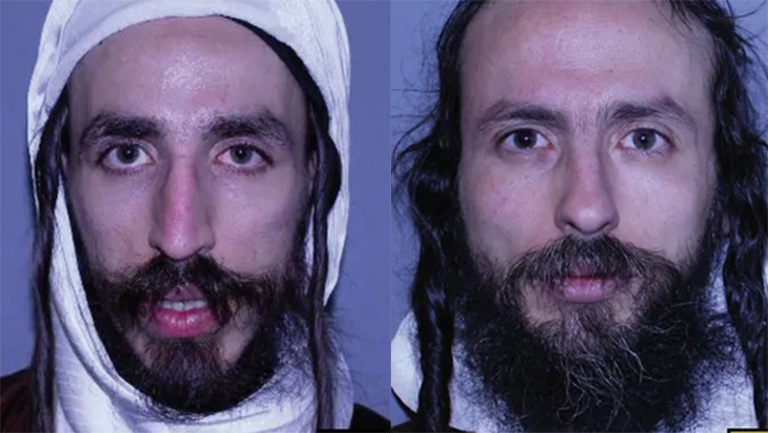Feb 22, 2024 1:40 PM
Updated:
Three years after Haredi leaders successfully lobbied then-president Donald Trump to commute the sentence of twice-convicted Lakewood fraudster Eliyahu Weinstein, Weinstein was indicted on Tuesday for allegedly running another Ponzi scheme, according to the U.S. Attorney’s Office in the District of New Jersey.
Federal law enforcement officials say that Weinstein and his business associate, Aryeh Bromberg, who is also of Lakewood, solicited investors for ostensibly investing in a healthcare product distributor through an investment firm named Optimus. The recent indictment charges Weinstein and Bromberg with conspiracy to commit securities fraud, securities fraud, conspiracy to commit wire fraud, four counts of wire fraud, and conspiracy to obstruct justice.
Weinstein’s first conviction came a decade ago. In 2013, he pleaded guilty to multiple fraud-related charges in a real estate Ponzi scheme that caused $200 million in losses, in which many of the victims were fellow members of Lakewood’s Haredi community. He was sentenced to 22 years in prison. While he was on pretrial release in 2014, he was sentenced to an additional two years in prison after he pleaded guilty to fraud, conspiracy, and money laundering charges.
Trump commuted Weinstein’s sentence on the last day of his term in office after multiple Haredi leaders implored him to do so. “He has displayed deep remorse and broken-heartedly vows never to repeat his past mistakes,” wrote Rabbi Nochum Dov Brayer of the Boyaner Hasidic sect. Moshe Margaretten of the Tzedek Association, who is from the Skver Hasidic sect, and leading Haredi rabbi Chaim Kanievsky, who passed away in 2022, also petitioned Trump to release Weinstein.
Law enforcement officials say that in Weinstein’s latest scheme, he used the alias “Mike Konig” to obscure his identity, along with his criminal past, from investors. When some purported deals turned out to be unprofitable, prosecutors claim, Weinstein and his associates began using funds from new investors to pay earlier investors, claiming the funds were investment returns.






